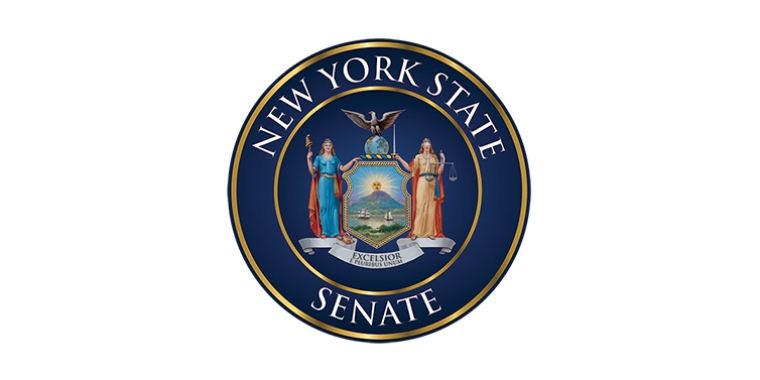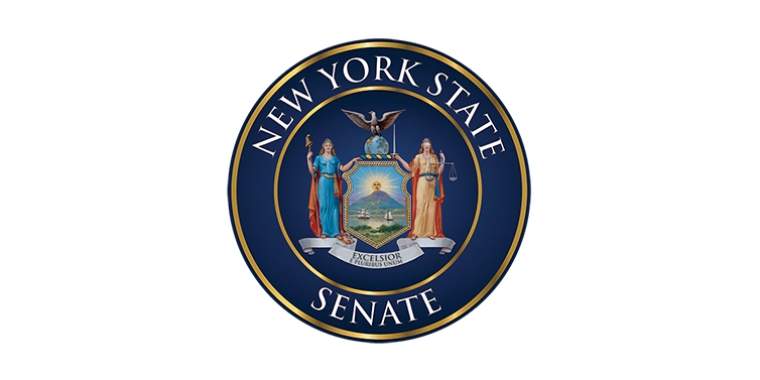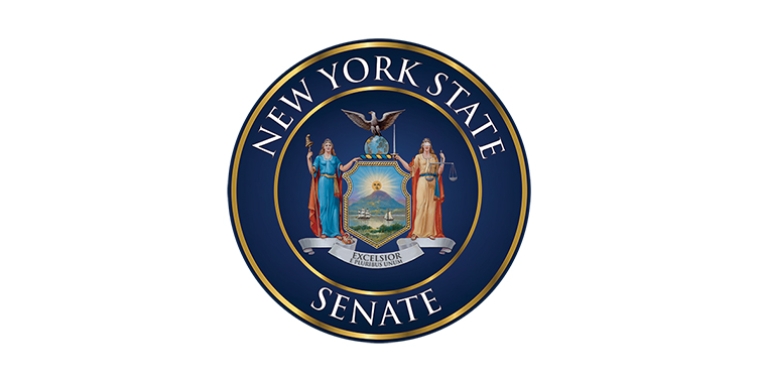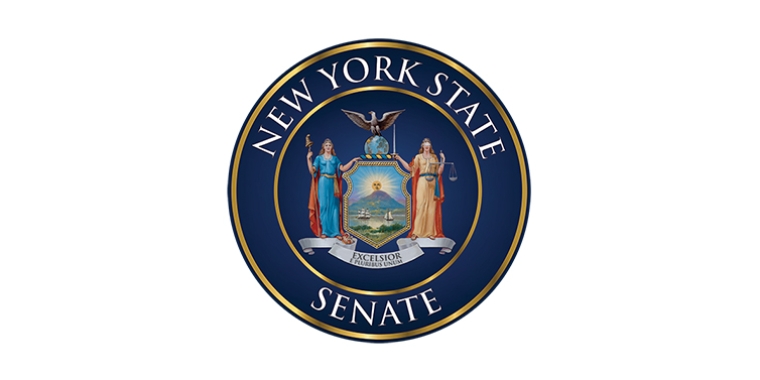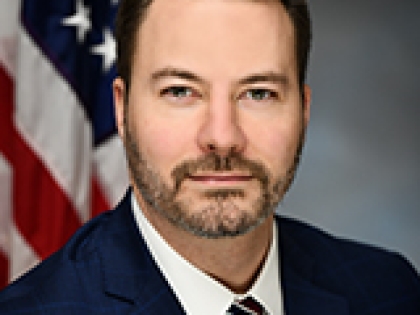
Senator Robert Ortt introduces legislation requiring state to maintain canal lift bridges without loopholes
Robert G. Ortt
January 29, 2015
-
ISSUE:
- Agriculture
- Small Business
- Law
New York State Senator Rob Ortt (R,C,I-North Tonawanda) has introduced legislation to amend the current canal law that’s meant to preserve and rehabilitate canal infrastructure.
By law, New York State is required to maintain canal lift bridges, however certain loopholes in the law often result in the deterioration and closure of the bridges. As the law currently stands, the state can choose whether or not to repair a canal lift bridge as long as there is an alternate transportation route. Many times, rundown lift bridges are restricted to vehicles, including tractor trailers, school buses, and other large trucks exceeding a certain weight limit.
Amending the canal law would not only ensure the safety of the public, but require the state to maintain canal lift bridges in a way that would not hinder commerce, transportation of students, or agriculture.
Several of these deteriorated and restricted canal lift bridges are in Orleans County and have negatively impacted both residents and businesses.
“When farmers and other small businesses can’t cross a restricted canal bridge, that hurts local commerce,” said Sen. Ortt. “Many farmers, school buses and tractor trailers end up going 25, 30, 40 miles out of the way to get where they need to go. That, along with letting those bridges fall into disrepair and ultimately close, is just unacceptable.”
Assemblyman Steve Hawley (R,C,I-Batavia) is introducing the bill in the Assembly.
“My district alone contains 56 percent of the lift bridges in the entire state,” Hawley said. “This legislation would mandate that infrastructure improvements be made to deteriorated lift bridges, which will ultimately make more commuter routes available. It is unfair to residents, businesses and agriculture in my district who must find longer and more costly travel routes because New York State has failed to make necessary infrastructure improvements.”
The act to amend the canal law would also call for at least one public hearing before a bridge is closed.
Share this Article or Press Release
Newsroom
Go to Newsroom